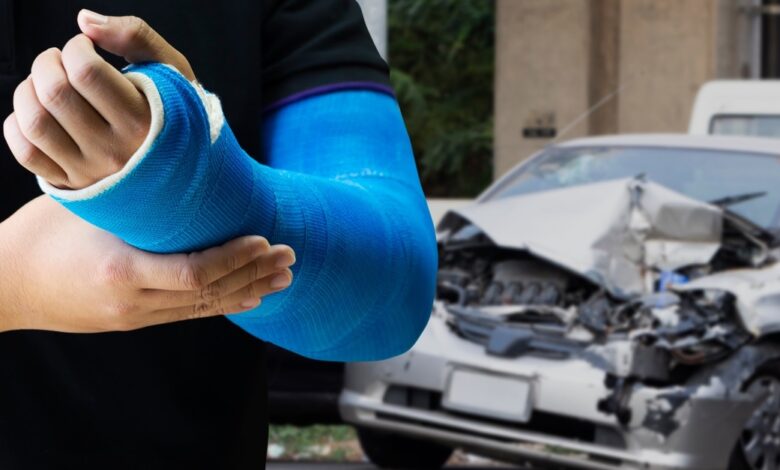Car Accidents and Medical Bills: Who Covers the Costs?
This guide is designed to cut through the confusion surrounding who pays for what after a car accident, helping people to make the right choice.

Filling the shoes of a post-car injury can be challenging and overwhelming, even more so when you have to pay for hospital bills that keep coming in. Knowing who pays these costs is critical for anyone involved in such incidents. This guide is designed to cut through the confusion surrounding who pays for what after a car accident, helping people to make the right choice.
Know About the Car Insurance Scope
One of the few reasons car insurance is so important is that it covers almost all accident-related costs. The average motorist possesses liability insurance, which is there to take care of the damage and injuries that a driver does to other people. This kind of astigmatism, nevertheless, does not apply to the medical costs of the insurance policyholder.
While comprehensive and collision will help pay to fix the car, you need to know how personal injury protection (PIP) and medical payment coverage work regarding medical expenses. A car accident lawyer in Tucson can explain fault costs, what PIP coverage includes for passengers, and how to navigate these complex insurance matters.
Role of Health Insurance
In many situations, the central part of health insurance is assisting with injuries in accidents. Most health insurance plans cover a part of the treatment, hospitalization, and surgery, making it easier to pay at the time of need. However, even with such coverage, you may still need to pay for some out-of-pocket costs, such as a deductible, co-pay, etc. Tell health insurance about the accident and how they coordinate with car insurance policies. Some health insurance companies will try to get money back from settlements paid by any third parties, a practice called subrogation. This understanding enables prospective homebuyers to anticipate and avoid unexpected costs.
Liability Issues
Liability is a key factor in seeking payment for medical bills following a car accident. In many jurisdictions, the at-fault party’s insurance usually covers the medical expenses of all injured parties. Contesting a fault is not simple and usually requires the assistance of an experienced attorney. Seeking advice from a personal injury lawyer can provide valuable understanding and guarantee adequate compensation or even maximize the settlement.
Assisting in the Claims Process
Filing insurance claims without delay is essential to covering medical expenses. Late filings can lead to rejected claims or smaller payoffs. Collecting all evidence, like police reports, medical records, and witness statements, creates a stronger case. Transparency with insurers ensures that everyone involved understands policy terms and expectations.
Insurance adjusters are essential in evaluating claims. They consider the liability, negotiate settlements, and assess damages. Adjusters want to close claims quickly, but you can look for your rights during negotiations to ensure adequate compensation.
Discover Further Financial Aid
Car accident victims may look for other ways to pay for medical bills. State or government aid programs may provide financial help, primarily for individuals lacking sufficient protection. There may also be charitable organizations that will assist anyone experiencing financial hardship due to their injuries from the accident. However, pursuing a claim may reveal other things. Consulting a lawyer can assist in determining if these exist.
Conclusion
Who pays medical bills after a car accident involves understanding insurance policies, legal frameworks, and available resources. When an individual knows these factors, he can make more informed choices and will be able to manage the payment process more effectively. Being educated and taking a proactive approach regarding the process can help accident victims enjoy their happy, healthy, and well-rested lives without the burden of an unnecessary financial blow. This process is an essential weapon in your arsenal after a car accident, ensuring people get the care they need and the compensation they deserve.











